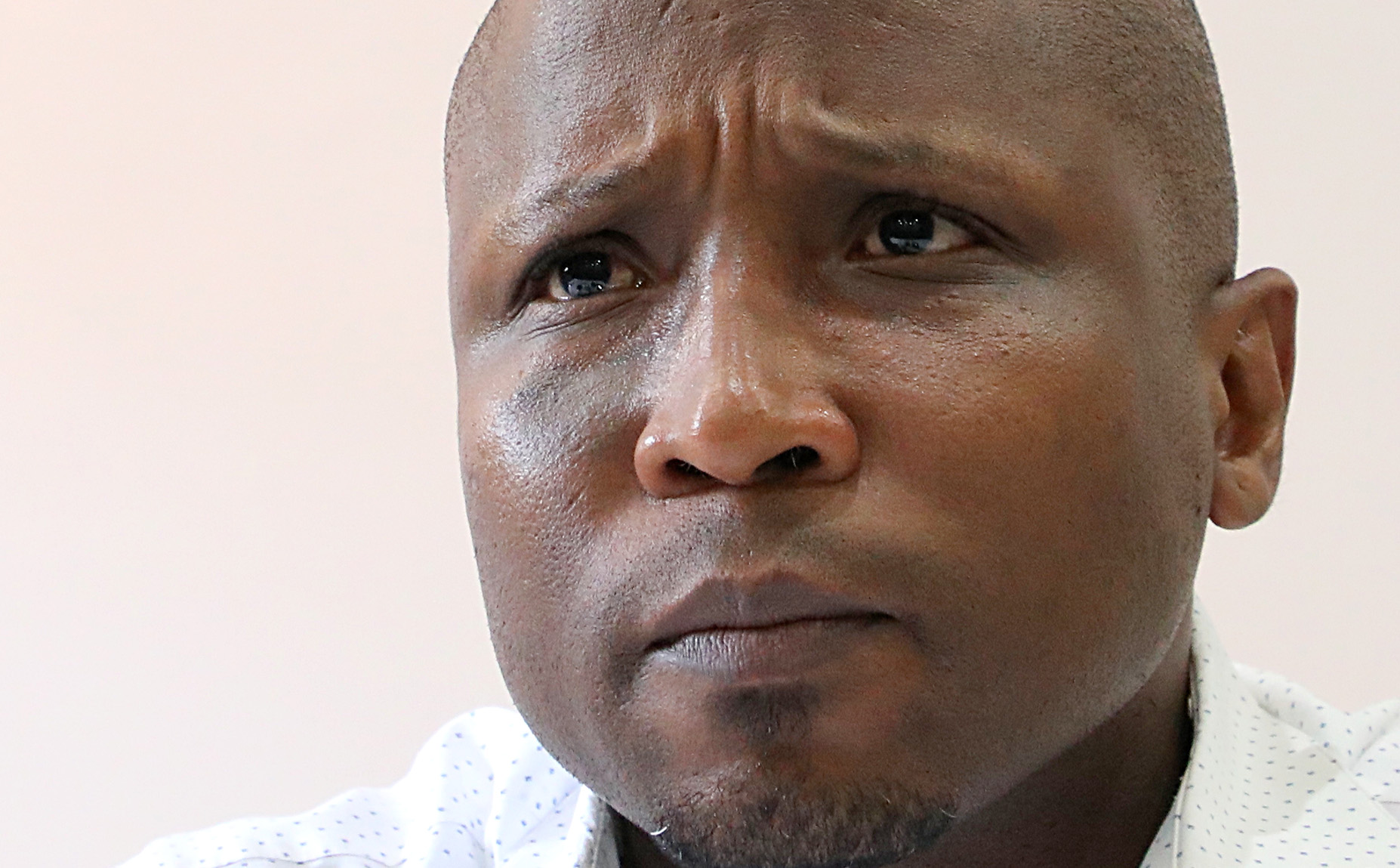In an urgent press briefing on Monday, 14 April, Road Accident Fund (RAF) CEO Collins Letsoalo addressed allegations of financial mismanagement and corruption, including his involvement in a contentious R79-million lease deal.
Letsoalo, whose contract expires in August this year, accused the media of misrepresenting the RAF’s financial situation and his role within it.
Read more: Take Road Accident Fund claims with a pinch of salt
He told the media briefing: “We didn’t receive any of these preliminary findings… most of them, the way they are even briefed, they are leaked...It can’t be us, because we don’t have that document. But we remain… unperturbed by it. We are very clear that we followed the law as we know it, and we followed all necessary prescripts. As it were, there is no issue, and we will give evidence.”
Letsoalo singled out Sunday Times journalist Thanduxolo Jika, referring to him as a “brother” who consistently reported negatively about him. He complained that his accomplishments, such as saving the RAF R36-billion over five years, had been overshadowed by critical coverage.
“No one talks about the 80% performance over the last five years on average… no one talks about the R36-billion that we have saved this organisation over the last five years,” Letsoalo said.
Jika’s reporting highlighted a preliminary Special Investigating Unit (SIU) report which implicated Letsoalo in irregularities involving a R79-million lease for the RAF’s Johannesburg offices. The investigation found that Letsoalo allegedly overturned bid evaluation committee decisions to favour Mowana Properties, a losing bidder.
Jika reported that a whistle-blower complaint to the Public Protector corroborated these claims, accusing Letsoalo of malfeasance in awarding tenders for leasing, cleaning, security and legal services – irregularities confirmed by the SIU’s findings.
What this means for you
For claimants, the RAF’s financial troubles mean delayed payouts and continued uncertainty. This financial struggle is further complicated by widespread corruption involving law firms, which led to the recovery of R1.2-billion in duplicate payments by the RAF and SIU. According to Letsoalo, the RAF has been technically insolvent since 1981, leaving it financially adrift.
Letsoalo’s defence
In his defence, Letsoalo said: “Since 2013 we were sitting in a building called Marble Towers… You must go and look at Marble Towers and tell me whether any employee of the RAF deserves to be there… I found it strange, I asked questions – why are we still in this building? The aim was to get into a building (in which) we were a single tenant.”
Letsoalo said that the previous office was a shared space between the RAF and a law firm, which was confusing for some claimants who ended up in the law firm offices.
“Prasa was approached. They wanted us to do work on their building, do renovations before we moved in; we just did not have the money. Then Transnet was approached. Then [the] Public Investment Corporation was approached and [they] said to us, go to Mowana properties,” Letsaolo said.
Mowana is a property manager for the Government Employees’ Pension Fund, said Letsaolo.
He detailed the process undertaken to secure office space, emphasising the involvement of officials from facilities management, project management and other departments in assessing buildings, based on strict criteria. Four buildings were evaluated, and the chosen property was found to be more cost-effective than alternatives such as Marble Towers.
Letsoalo highlighted that the decision followed National Treasury protocols, including approval from the Office of the Chief Procurement Officer. He rejected accusations of favouritism, stating that the Treasury did not rubber-stamp decisions, and audits confirmed compliance with processes.





